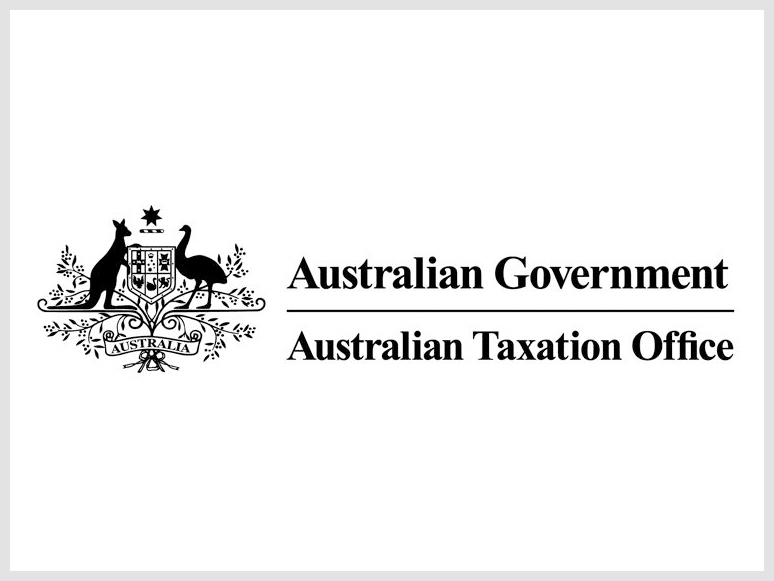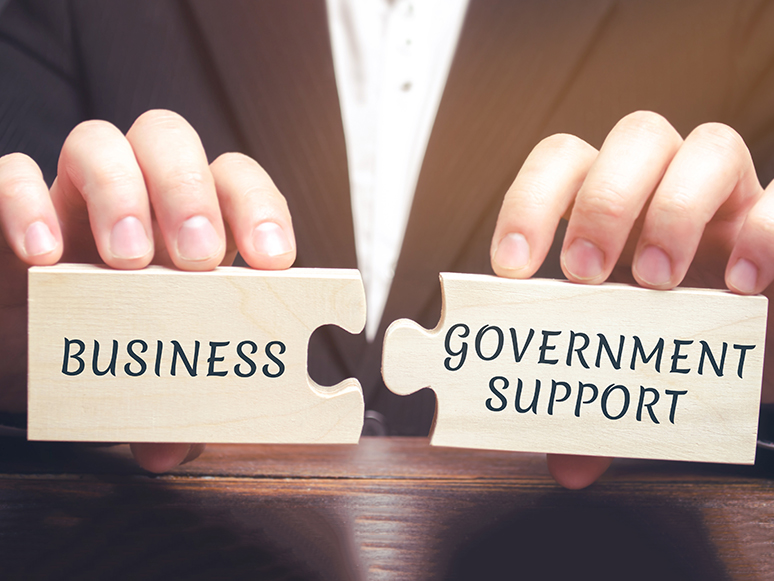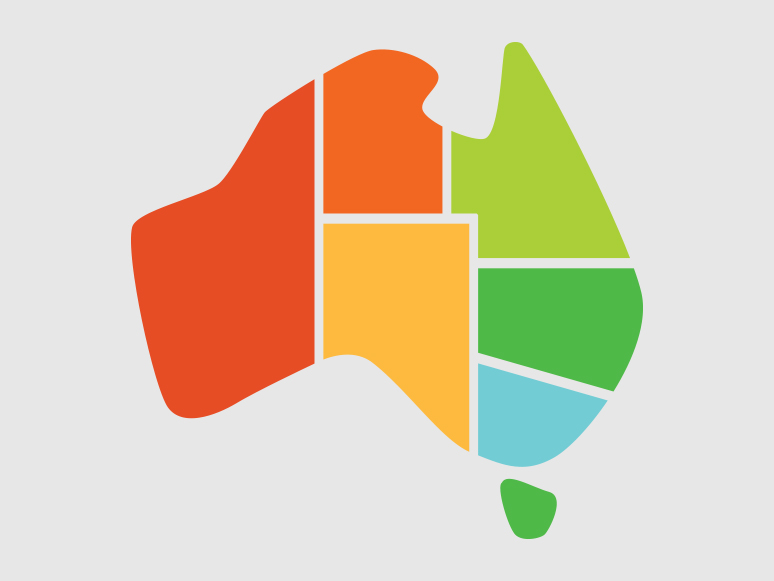logo


11th Apr, 2020

If you or your business need help with your financial arrangements during this difficult time, we can help you to work out which of the many coronavirus (COVID-19) related payments, concessions and arrangements apply to you, and how you can best make use of them. Contact us today.
11th Apr, 2020

A series of administrative measures to assist businesses experiencing financial difficulty as a result of the COVID-19 pandemic has been announced by the ATO. These include deferring the payment date and amounts due on Business Activity Statements (BASs), income tax assessments, FBT assessments and excise by up to four months. Businesses will also be allowed to change payment and reporting cycles for GST and vary PAYG instalment amounts. Any interest or penalties applied to tax liabilities incurred after 23 January 2020 may be remitted.
The measures that will apply are similar to those for taxpayers affected by the recent Australian bushfires. However, one important point of difference is that while the bushfire measures applied automatically to particular geographical areas, assistance for those impacted by COVID-19 will not be automatically implemented. Taxpayers who have been affected will need to contact the ATO to discuss their situation in order to come up with a tailored support plan.
The ATO has also clarified that emergency accommodation, food, transport, medical or other assistance provided by employers to employees affected by COVID-19 may be exempt from FBT, depending on the circumstances. However, employers will still need to meet their ongoing super guarantee obligations for their employees. The ATO says that by law, it cannot vary the contribution due date or waive the superannuation guarantee charge where super guarantee payments are late or unpaid.
11th Apr, 2020

In an effort to combat the economic effects of the global coronavirus pandemic, on 12 March 2020 the Federal Government announced an economic stimulus package worth $17.6 billion, which it said is expected to provide direct support for up to 6.5 million individuals and 3.5 million businesses. The package includes business investment initiatives, cash flow assistance payments to small and medium entities (SMEs), household stimulus payments and support for impacted sectors, regions and communities, as well as tax administration relief.
The instant asset write-off threshold will be increased from $30,000 to $150,000 and expanded to include access for businesses with aggregated annual turnover of less than $500 million (up from $50 million) until 30 June 2020.
A time-limited 15-month investment incentive (through to 30 June 2021) will also be provided to support business investment by accelerating depreciation deductions.
Eligible small and medium entities will receive a Boost Cash Flow for Employers payment of up to $25,000. The tax-free payment will provide cash flow support to businesses with a turnover of less than $50 million that employ staff between 1 January 2020 and 30 June 2020. Businesses will receive payments of 50% of their Business Activity Statement (BAS) or Instalment Activity Statement (IAS) from 28 April 2020, with refunds to be paid within 14 days.
Eligible small businesses employers can apply for a wage subsidy of 50% of an apprentice’s or trainee’s wage for up to nine months from 1 January 2020 to 30 September 2020. Where a small business is not able to retain an apprentice, the subsidy will be available to a new employer that employs that same apprentice.
A one-off $750 stimulus payment will be made to pensioners, social security, veteran and other income support recipients and eligible concession card holders. Payments will be made from 31 March 2020 on a progressive basis, with over 90% of payments expected to be made by mid-April. This payment will be tax-free and not count as income for social security, farm household allowance and veteran payments.
11th Apr, 2020

To further support businesses and workers in riding out the COVID-19 pandemic and minimise the impact on the overall economy, on 22 March 2020 the Federal Government announced a second round of stimulus measures in addition to the initial announced on 12 March. This second package includes support for individuals and households, including casual workers, sole traders, retirees and people who receive income support payments.
Cash payments for small to medium employers
Tax-free payments of up to $100,000 (with a minimum payment of $20,000) will be available for eligible small and medium entities (SMEs) and not-for-profits that employ people and have an aggregated annual turnover under $50 million. Employers will receive a payment equal to 100% of the withholding tax liability on their salary and wages, subject to monetary limits. This payment will be available to most employers from 28 April 2020.
SME loan guarantee scheme
A Coronavirus SME Guarantee Scheme will be established to support SMEs in getting access to working capital. Under the scheme, the government will guarantee 50% of new loans issued by eligible lenders. The scheme is able to support $40 billion worth of lending to SMEs.
Increase in income support payments supplement
A new temporary “Coronavirus Supplement” of $550 per fortnight will be implemented for people receiving certain income support payments. Eligible recipients will receive the full amount of $550 on top of their payment each fortnight, effectively doubling the current payment amount. The supplement will be paid for the next six months to existing and new recipients of the various Centrelink payments including the JobSeeker Payment (formerly called Newstart Allowance), Youth Allowance Payment for job seekers, Parenting Payment, Farm Household Allowance and Special Benefit Payments.
Further $750 for pensioners
In addition to the initial $750 stimulus payment previously announced, a further $750 payment will be provided to social security and veteran income support recipients and eligible concession card holders. This does not apply to those receiving the temporary Coronavirus Supplement.
Superannuation early release
Individuals in financial distress as a result of the pandemic will be allowed to access a tax-free payment of up to $10,000 from their superannuation in 2019– 2020 and a further $10,000 in 2020–2021. Eligible individuals will need to apply online to the ATO through myGov before 1 July 2020 to receive the payment for the 2019–2020 income year.
11th Apr, 2020

Some states, including New South Wales, Queensland, Western Australia and Tasmania, have followed in the Federal Government’s footsteps to provide their own stimulus and concessions for mostly small to medium businesses and in some cases to individuals and families. Most of the measures are payroll-tax-related, aimed at giving small to medium businesses a cash flow boost during this difficult time, while other measures including fee waivers, grants, relief payments and concessional loans.
11th Apr, 2020

The ATO’s COVID-19 frequently asked questions (FAQ) is a resource tool for people and businesses in the community who need clarifications in relation to impacts from the COVID-19 pandemic. The FAQ is broken into common questions for individuals, employers, businesses (including internationals) and self managed superannuation funds (SMSFs).
Common questions centre around issues relating to the nationwide shutdown – late or deferring payment obligations; deductibles from working from home; residence status due to travel restrictions; GST and FBT impacts from cancellations; and SMSF losses and strategies.